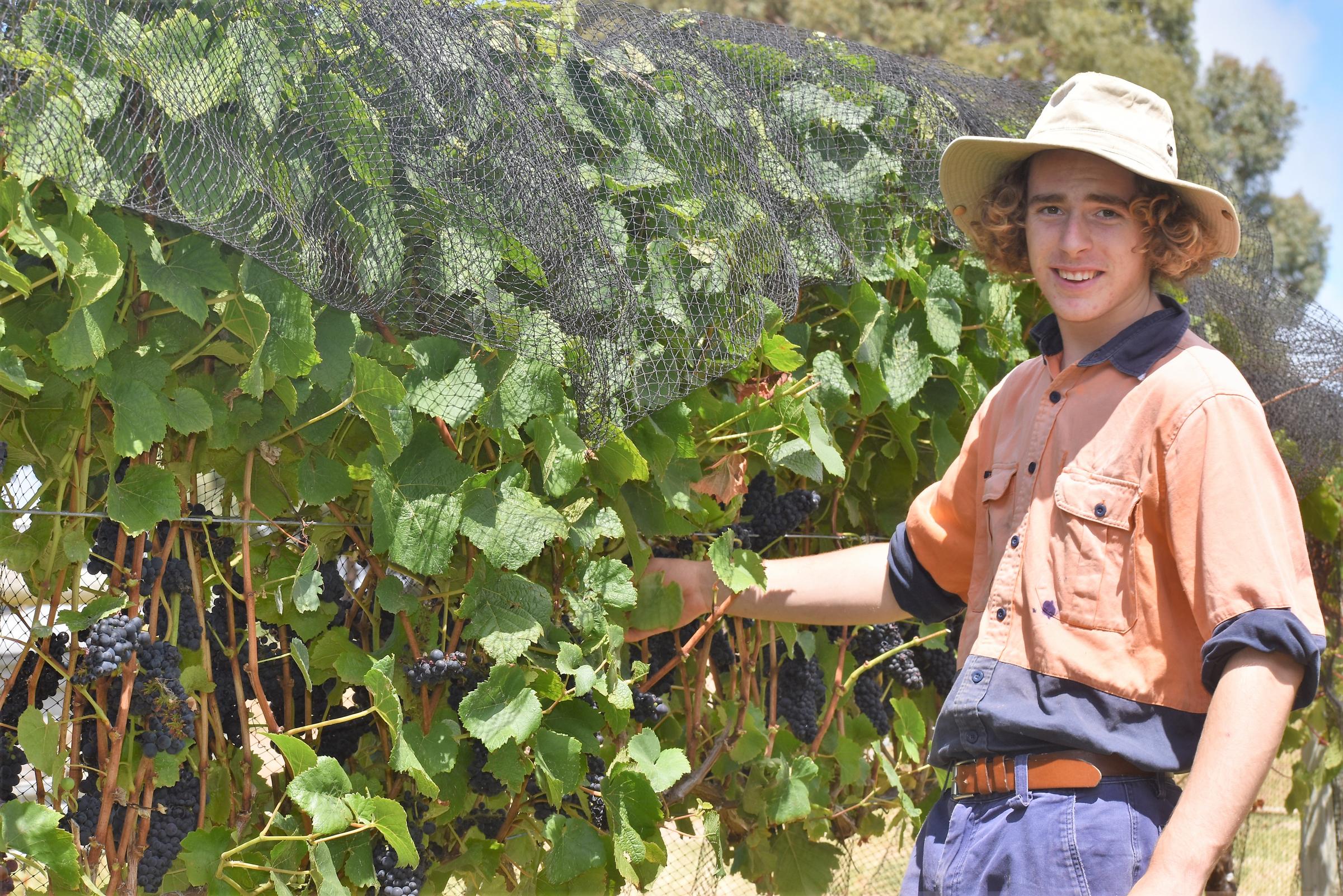Program Coordinator - Student Services
Brad Woodruff

Program Coordinator - Student Services
Brad Woodruff


Looking ahead
The Student Service team is looking into developing an Operational Plan that will guide our program over the next 3 years.
As part of this process, we are gathering data that establish patterns of the well-being of young people. We are looking at the most recent surveys from reputable sources, talking with our students and collaborating with other Student Service teams. As part of this process, I’d like to share some insights from the 2021 Speaking Out Survey, with specific reference to girl’s well-being. The Speaking Out Survey is a robust and representative survey of the well-being of children and young people in WA. It was developed to address identified gaps in available data on WA children and young people’s well-being. A total of 16,532 Year 4 to Year 12 students from 94 schools in all regions of WA consented to participate. The survey covered five broad areas – Mental Health; Friendships, Belonging and Technology; Feeling Unsafe; Supportive Relationships with Parents and other Adults. Below is a list of some interesting findings from the survey.
This report highlights that many female children and young people feel like they are not being listened to when they discuss their lives; they feel like they don’t belong, they feel unsafe at home, at school and in public spaces and they feel like their male siblings and peers are treated differently from them.
It’s definitely not a “happy read”, but I’m excited about having the opportunity to improve the well-being of those students whose well-being is compromised and optimistic we can make a difference.
Year 12 Exit interviews
As part of Year 12’s signing-out procedure, I met with several students to discuss their experiences at the College. The purpose was to have a warts-and-all chat about what worked for them at the College and what didn’t. They gave very frank feedback about all aspects of College life – farm, classroom and residence. The school’s leadership team will use this information when planning future changes.
Boys and their fathers
“Young males rise to the occasion under the approval of men they respect. As fathers, we hold in our hands the opportunity to inspire our sons to achieve, offering support and modelling what it is to be a man.”
– Ian Grant, Growing Great Boys (2007)
Maggie Dent, a well-known Australian parenting expert, writes here about the changing and challenging expectations of fathers when raising their sons. Lots of useful, easy-to-implement advice.